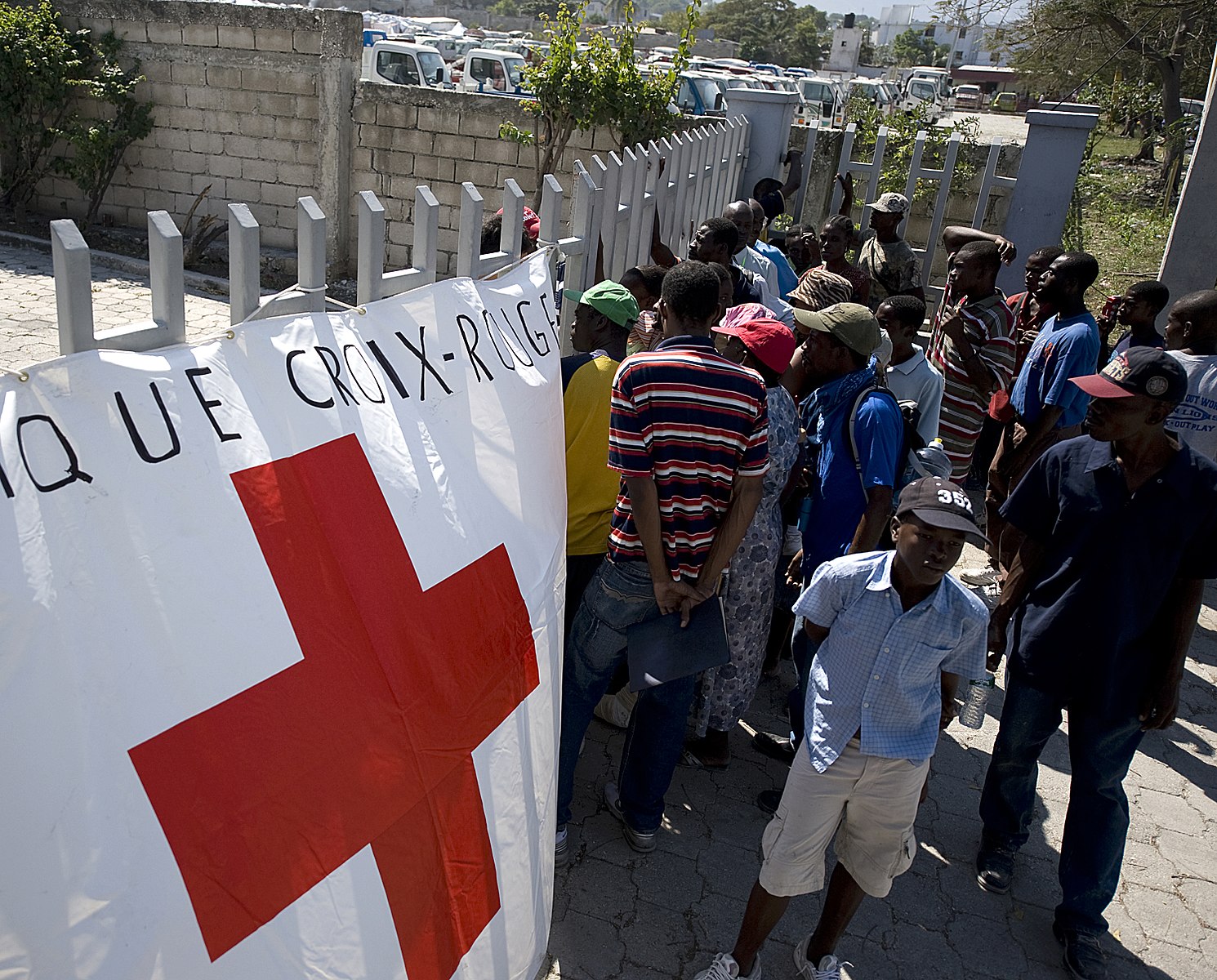Haiti’s gangs draw international attention.

Haitian earthquake survivors waiting for Red Cross food assistance in Port-au-Prince following the 2010 earthquake
Jacob Sagers - A Kenyan court blocked Kenya’s government from sending over 1,000 police officers to Haiti as the bulk of a multinational intervention force last week. While the government plans to appeal the ruling, Haiti is left with few options. The country has endured widespread turmoil since its last president was assassinated three years ago. Violence and a power struggle erupted between an appointed prime minister and Haiti’s infamous armed gangs. The country’s turmoiled past has left Haitians dependent on foreign powers, such as the United States and France, and with a weak central government and police force. Locals are fearful to travel to work, go out in public, and are struggling to feed their families due to kidnappings, killings, and ransoms.
Kenya’s voluntary intervention showcases the rippling effect of Haitian gangs internationally. Non-state actors, in this case gangs, are taking a greater role in global affairs. Kidnappings, seized neighborhoods, and the threat of revolution poses serious problems for the Haitian government. Yet, what happens in Port-au-Prince now ruffles Nairobi, Washington, and Geneva. Rather than an armed opposition, terrorists, or political forces, Haiti is fighting a harder to target non-state opponent amid an international scale.
Scale, or the scope of an issue being addressed, is not just local. Gang violence has captured international attention, with the United Nations, Kenya, and the United States trying to address the issue. The U.S. has promised funding for Kenya’s deployment if Kenya’s troops are greenlighted to go. Furthermore, Haiti’s police forces are gravely underfunded, underpaid, and under-armed; they are unable to successfully contain its gang and at this point require international assistance and change of policy. UN officials have hoped that: “…the Kenyan court’s decision would lead the United States, Canada, and France — countries that have long been deeply intertwined with Haiti — to rethink their policies.” Yet even though gangs have captured attention on a broader scale it does not mean states will act. Whether Haiti can break its systematic problems from foreign powers will ironically depend on action from the international community.
Picture Credit: Photo distributed under Creative Commons Public Domain. Source.
